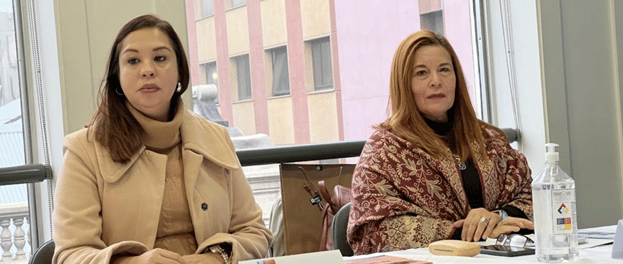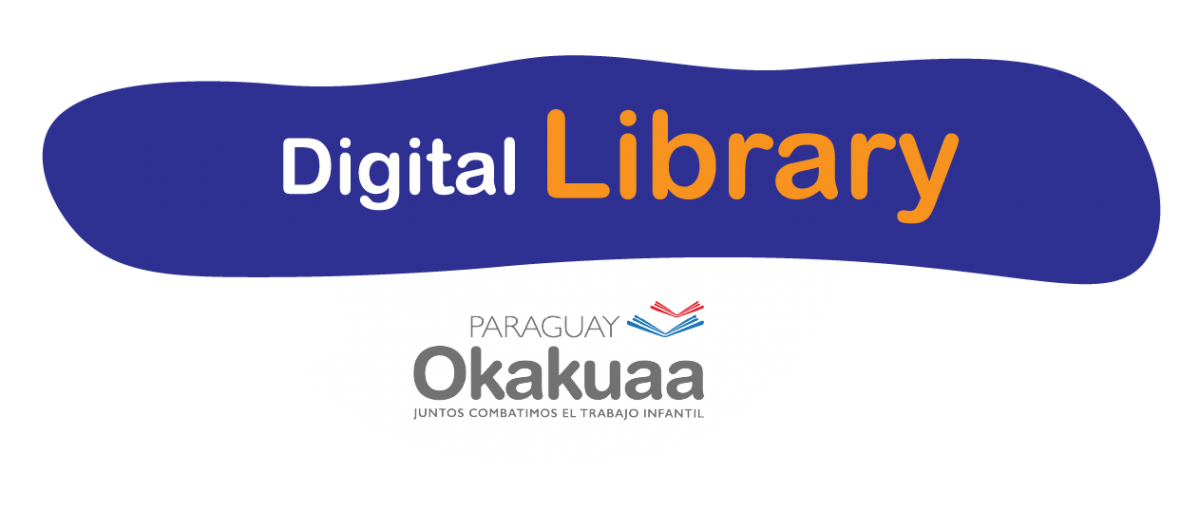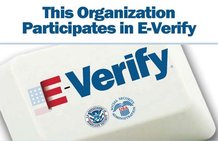Partners connects people and institutions across and within the Americas to create lasting solutions to the hemisphere’s toughest challenges through its Chapters, development programs, and exchange programs.
Explore our map below to learn about Partners’ current Chapters and programs by country.
Regions
Paraguay
Partners has been working in Paraguay since 1968, when the Paraguay-Kansas Partners was founded. Since then, the Paraguay Partners have designed and produced a curriculum and volunteer match program that trains volunteers and organizations that work with volunteers. The chapter’s association with multiple civil society organizations and universities throughout Paraguay has uniquely positioned Partners to draw on local and international technical experts and resources. Through professional exchange programs, Partners has established lasting relationships in Paraguay with government institutions including the Paraguay Supreme Court and the national-level Senate. Partners has also worked with various local NGOs including Fundación Kuña Aty, Juntos por la Educación, Semillas para la Democracia and Centro de Información y Recursos para el Desarrollo (CIRD).
Through youth leadership exchange programs, we’ve worked with young people in Paraguay to increase leadership skills and improve mutual understanding between youth in Paraguay and the United States.
Chapters
- Comité Paraguay-Kansas
Overview
Leadership
Chapter Email: [email protected]
Position Name Contact Information* President Erwin R. Bogado Soler Contact Vice President Maria de la Paz Pena Contact Pro Treasurer Bianca Gatti Contact Program Coordinator Mirian Mongelos Jara Contact *(Users must have a PartnersConnect account to access - log in or create one today!)Useful Links
(Users must have a PartnersConnect account to access - log in or create one today!)
100,000 Strong in the Americas

The 100,000 Strong in the Americas (100K) Innovation Fund expands opportunities for higher education institutions to create partnerships and launch innovative student exchange and training programs. This opens access to underrepresented student populations, improves workforce development training, increases public-private investment, and strengthens people-to-people ties between the United States and Latin America and the Caribbean.
Education exchanges have long been used as a tool to foster international cooperation and promote technical, linguistic, and intercultural skills development for students to operate in an increasingly globalized world. Created in 2013 by the White House’s National Security Council, the U.S. Department of State’s Bureau of Western Hemisphere Affairs, Partners of the Americas, and NAFSA: Association of International Educators, the 100K Innovation Fund is an impactful hemisphere-wide education initiative that creates dynamic regional collaboration across the private sector, foundations, government entities, NGOs, and academia to support higher education partnerships and increase the number and diversity of students in the Americas who have access to innovative training and exchange programs.
Unlike traditional scholarship programs, which support individual students or faculty, the 100K Innovation Fund stimulates innovation at the institutional level and provides critical funding on a competitive basis to higher education institutions across the Americas to build partnerships that result in innovative student exchange and training programs that are scalable and sustainable. To learn more about 100K Innovation Fund grants and other opportunities, visit https://www.100kstrongamericas.org.
$9.8Million in grants awarded25Countries and 49 U.S. states and territories benefited from grant programs572Higher education institutions formed partnerships for international collaboration7,100+Student and faculty beneficiariesÑande Ko’ẽ

Combating Human Trafficking in Paraguay
Ñande Ko’ẽ (“Our Sunrise” in Guaraní), a project funded by the U.S. Department of State (USDOS) Office to Monitor and Combat Trafficking in Persons (TIP), aims to address human trafficking, with an emphasis on sex and labor trafficking, in Paraguay.
The goal of Ñande Ko’ẽ is to strengthen Paraguay’s capacity to prevent and process cases of human trafficking and protect its victims. The project aims to strengthen local and national networks to combat trafficking, improve comprehensive services available to victims, and build state institutional capacity to address the issue of trafficking. The project’s comprehensive and dynamic approach to combatting human trafficking focuses on building the capacity of civil society organizations and the public and private sectors to prevent and prosecute cases and protect children and adult victims.
Partners and the allied implementing sub-awardee, Grupo Luna Nueva (GLN), a leading grassroots organization working against child sexual exploitation in Paraguay, have established a strong relationship with key stakeholders that will assist in the implementation of this project. Within a 36-month period, Ñande Ko’ẽ will impact Paraguay at both the national and regional level, with specific attention to the regions of Caaguazú and Itapúa.

Gift of the United States Government
20Workshops on the Referral Mechanism to Ensure that Trafficking in Persons (TIP) Victims Receive Comprehensive Care Services3,070People reached through 6 TIP awareness-raising campaigns22Workshops that trained 68 government officials on the Handbook of Methodological Procedures for the Care of TIP VictimsPast Programs
ATLAS Paraguay

Better enforcement of Labor and Criminal Law to Address Child Labor, Forced Labor, and Human Trafficking
Attaining Lasting Change for Better Enforcement of Labor and Criminal Law to Address Child Labor, Forced Labor and Human Trafficking (ATLAS), a project funded by the U.S. Department of Labor (USDOL) Office of Child Labor, Forced Labor, and Human Trafficking (OCFT), was a global effort to strengthen labor and/or criminal legal frameworks, improve the enforcement of labor and criminal law, and increase coordination among law enforcement and social protection entities in order to combat child labor (CL), forced labor (FL) and trafficking in persons (TIP).
Partners of the Americas (Partners), as a subawardee to Winrock International, led the implementation of the ATLAS project in Paraguay. Partners worked closely with government stakeholders to strengthen their capacity to identify and enforce labor abuse cases through regional exchanges, cofacilitate Training of Trainers (TOT) workshops, strengthen data collection for needs-driven decision-making, and develop awareness-raising materials. Additionally, ATLAS, in partnership with government entities, aimed to strengthen the training and technical support available to labor inspectors, prosecutors, police, educators, and public officials serving in institutions focused on labor law enforcement and protection.
The ATLAS project was implemented in Paraguay from 2019 to 2022.
189Key government stakeholders trained in law enforcement mechanisms to combat and prevent child labor, forced labor, and trafficking in persons2Nationwide communications campaigns developed with government agencies in Paraguay1Living Lab developed to bring together stakeholders from four different institutions of the justice system to identify victim compensationParaguay Okakuaa
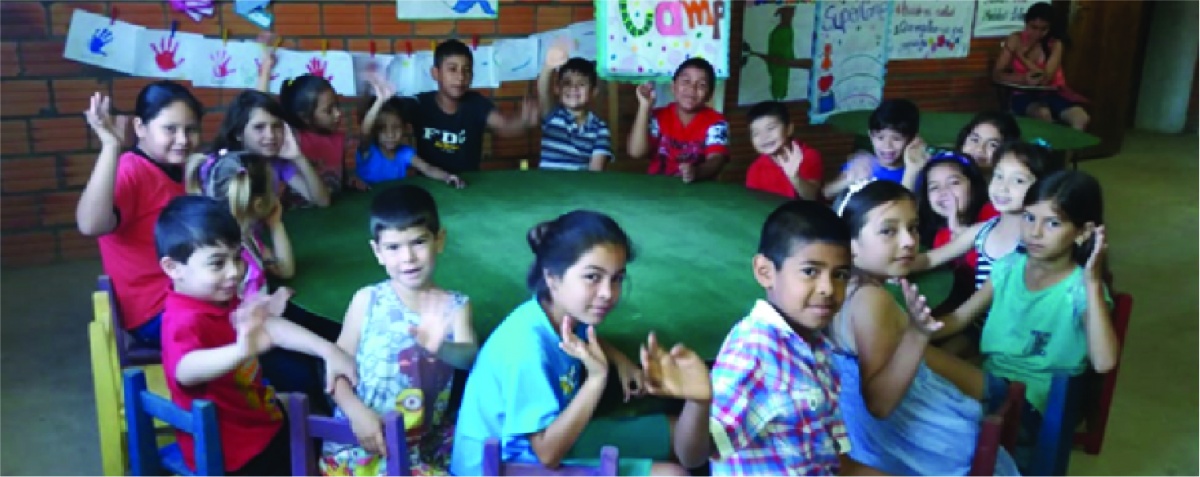 Combatting child labor in Paraguay.
Combatting child labor in Paraguay.Lee sobre Paraguay Okakuaa en español.
Paraguay Okakuaa was a project of the Ministry of Labor, Employment and Social Security (MTESS) of Paraguay, funded by the United States Department of Labor (USDOL), and implemented by Partners of the Americas and its allies (Centro de Información y Recursos para el Desarrollo – CIRD and Fundación Alda).
The project supported Paraguay in its efforts to reduce the worst forms of child labor, combat forced labor, and improve labor law compliance and working conditions, with a particular focus on the departments of Guairá and Boquerón.
Paraguay Okakuaa began in 2015 to provide education and livelihood opportunities in the Department of Guairá, in an effort to keep children in school and youth away from hazardous work specifically in the five target districts of Borja, Iturbe, Mauricio José Troche, Paso Yobai, and Villarrica. The project also sought to strengthen the effectiveness of the labor inspection system and information systems, and increase coordination among different institutions in order to combat child labor and register adolescent workers.
In response to the MTESS’s political will, the project expanded its efforts to the Chaco—particularly in the Department of Boquerón—to address the issue of forced labor. There, Paraguay Okakuaa also provided educational services that promoted protected spaces for children vulnerable to child labor and/or forced labor. Activities also included coordinating actions among key stakeholders, and raising awareness and providing training on forced labor to improve working conditions.
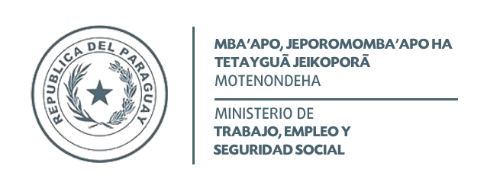
A total of 3,499 children and adolescents and 1,391 families were expected to benefit from this initiative.
Funding for this project was provided by the United States Department of Labor.
This material does not necessarily reflect the views or policies of the United States Department of Labor, nor does the mention of trade names, commercial products, or organizations imply endorsements by the United States government.
3,499Children and adolescents participated in educational services offered by the project1,391Households received livelihood services1,597Adults were provided with employment services in the Department of Guairá

